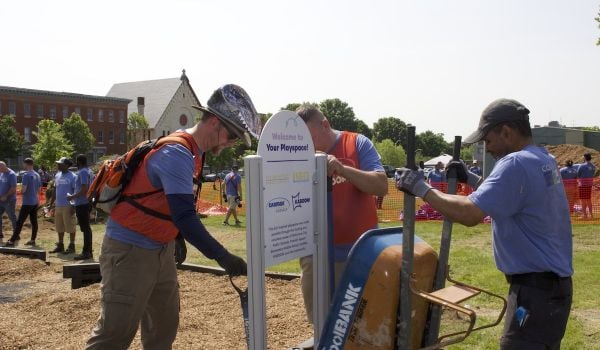This year, I’m especially looking forward to meeting colleagues and friends, both new and old, at Greater & Greener, City Parks Alliance’s first significant in-person event since the start of the pandemic. During the past two years, we’ve all experienced firsthand the need for access to nearby nature and playspaces. I’ve been heartened to learn about how cities around the country have embraced new models for changing inequitable practices that keep the promise of urban parks from too many people. But in too many places, change is too slow.
Greater & Greener comes at a perfect time as issues of fairness, equity and access to parks (among other institutions) rightly continue to dominate the debate about the future of cities and who they’re supposed to serve. From vacancy rates for urban downtowns, which are reaching record levels, to disparities in park access and programming in socially vulnerable communities throughout city neighborhoods, cities find themselves struggling to meet the park needs of all residents. How can we balance economic, social and environmental benefits that parks provide without driving displacement?
Building truly resilient cities means recognizing that antiracist and equity-centered work requires us to look at systems from the past that have formed current conditions and, more specifically, at the decision-making, programming, services, and daily practices that are rooted in what is equitable and not just what is equal.
We do see progress: More cities, like Minneapolis, Louisville, Philadelphia, and Detroit, are taking a data-driven approach to how public dollars for parks can be allocated more equitably. This year, the Trust for Public Land added equity as a new category to its ParkScore Index, the rating system that measures how well the 100 largest U.S. cities are doing in terms of park investment, amenities and access for all residents. And City Parks Alliance launched the Equitable Park Funding Hub, a resource for parks and recreation funding for low-income communities and communities of color, and a series of workshops to strengthen equitable partnerships.
This year’s event will explore the promise that equitable urban park development holds for a healthier world for all. You’ll find considerations of equity woven throughout Greater & Greener’s four conference tracks:
- Co-Creating Civic Life
- Equitable Economic and Community Development
- Resilient Cities
- Safe, Healthy, Inclusive Communities
By registering now, you can take advantage of our early-bird rates, get first dibs on our space-limited weekend tours and mobile workshops, and sign up for peer-to-peer discussions, keynotes and interactive sessions. Take a look at these thoughtful sessions on building equitable park systems:
- Equitable Development Planning in Action. Hear about a Brooklyn park that built in workforce development through local job training programs, along with a San Francisco park that implemented an array of anti-displacement strategies.
- Downtown Parks and Urban Development: Balancing Tensions and Benefits. We’ll explore the ways cities and stakeholders balance the tensions and benefits of urban development and the public realm in our Downtowns.
- Equity in Practice – Frameworks for Organizational Change This exciting session will showcase equity-based practices, such as those used in Seattle Parks and Recreation’s “Pathway To Equity” framework for achieving an antiracist and equity-centered community organization.
- Designing Equitable and Welcoming Public Spaces. This panel will share the story of how a neighborhood organization organized a multilingual, multinational coalition of residents around a neighborhood park, and how redesigning and rebuilding the park helped achieve equitable economic and community development without “green gentrification.”
- Building Equitable Parks through City Wide Parks Foundations. Learn how City Wide Parks Foundations can help resource-strapped parks departments with solutions that go beyond isolated approaches of government agencies or site-specific conservancies.
- Greening Legacy Cities to Build Economic Opportunity for All We’ll hear about how a Pittsburgh community created equitable growth by focusing on making outdoor environments safer and more welcoming places. And about a unique partnership in Euclid, Ohio, under which private landowners and the city provided public lakefront access in exchange for investment in shore protection designed to restore eroding shorelines.
- Waterfront Reborn: Using Public Infrastructure to Leverage and Frame Private Development How can partners transform vacant, underutilized, and disconnected public spaces into people-centered destinations that encourage quality private development? In this mobile workshop, you’ll explore in person how community-led planning and strategic investment in public infrastructure catalyzed private development and built momentum for larger public and private investments throughout the Central Delaware River Waterfront.
Browse the rest of our conference lineup, then register soon, so you don’t miss a thing! We’ll see you in Philly.
Catherine Nagel is the executive director of City Parks Alliance.


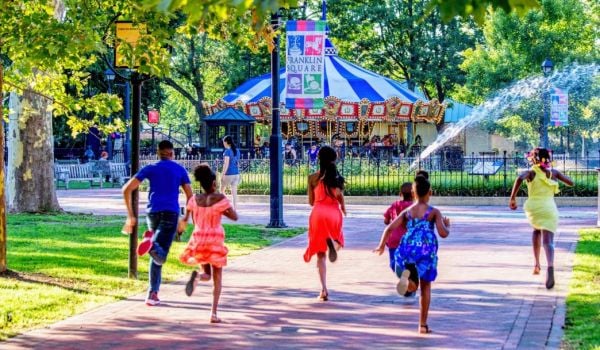
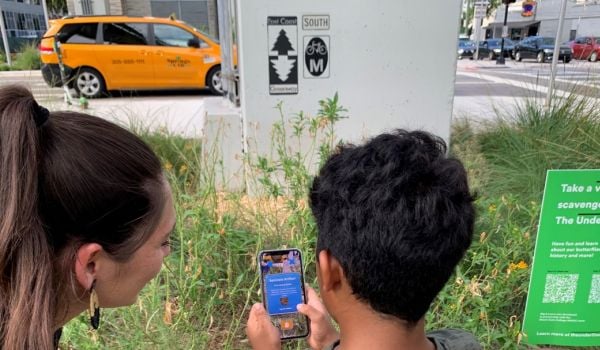
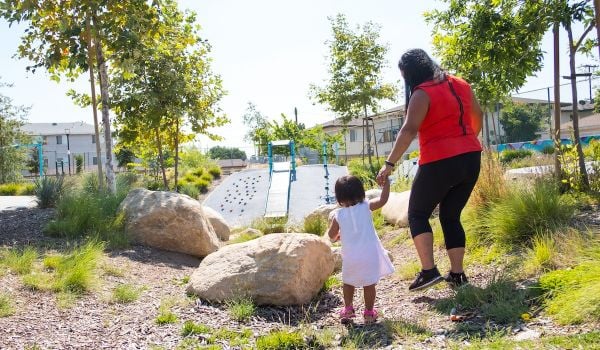
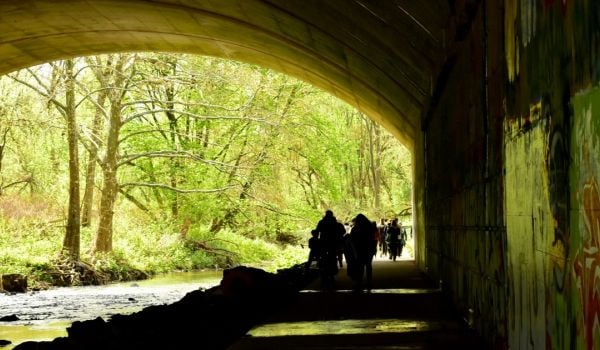


_1200_700_s_c1_600_350_80_s_c1.jpg)
